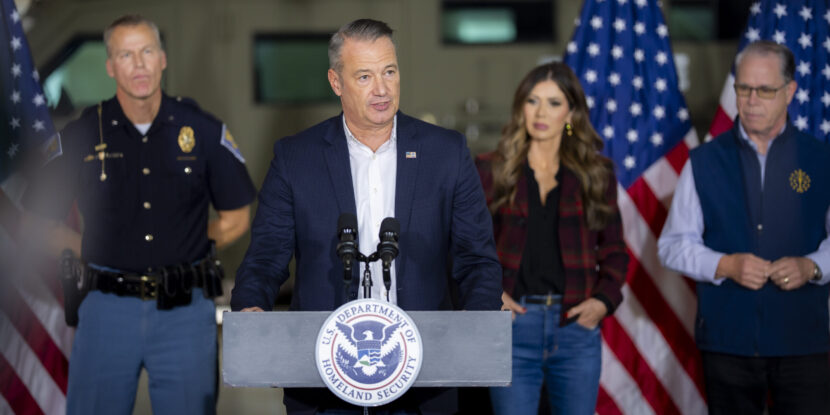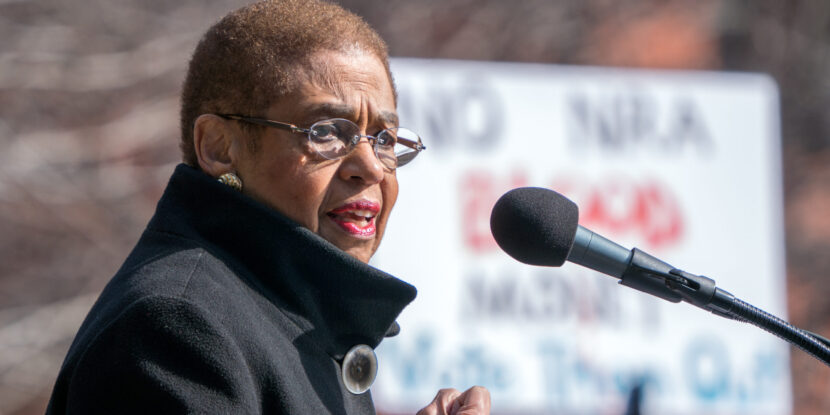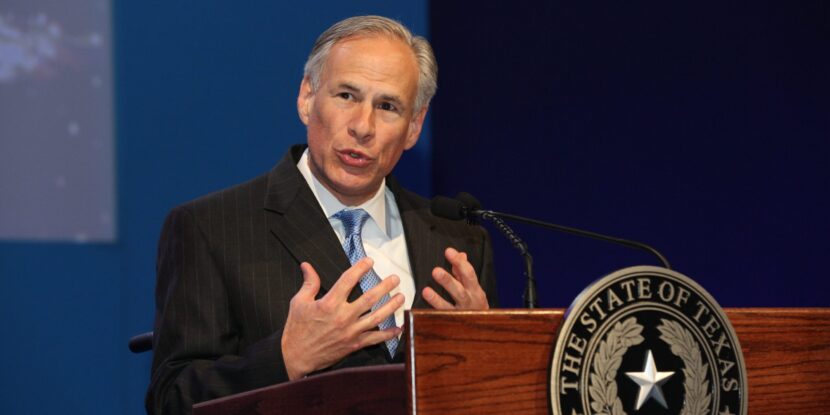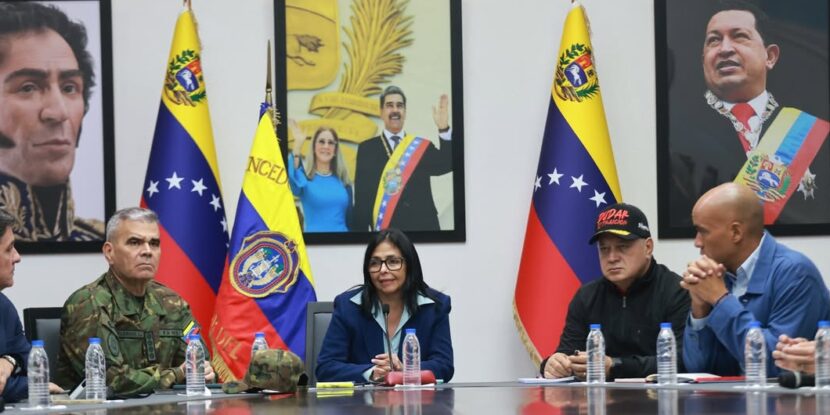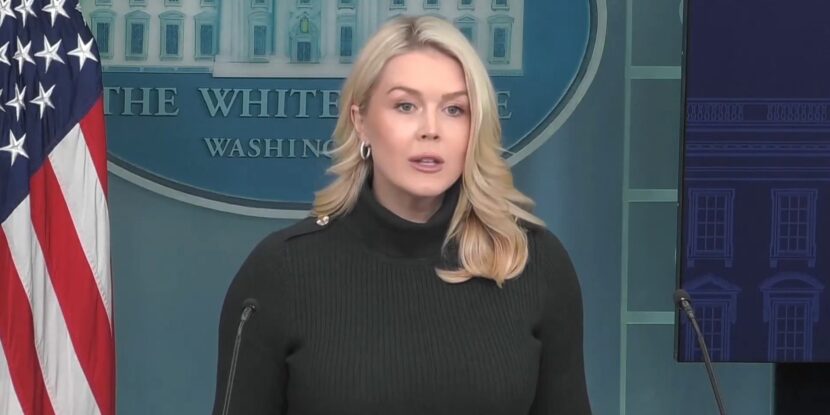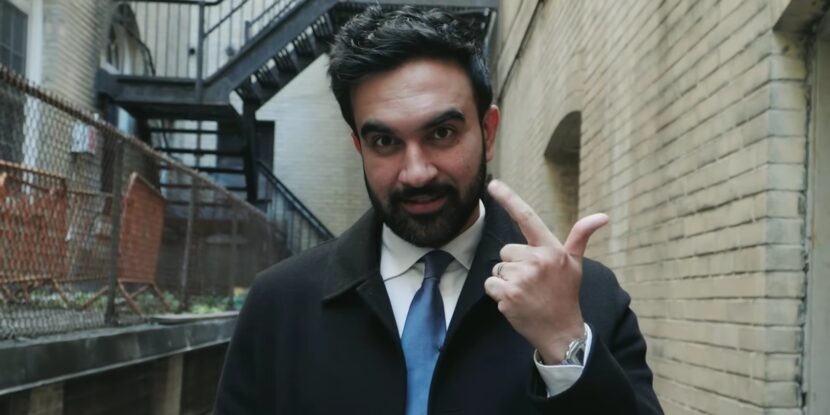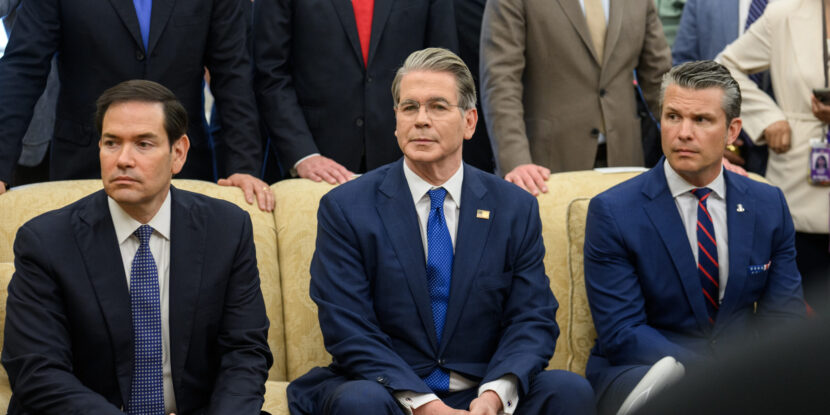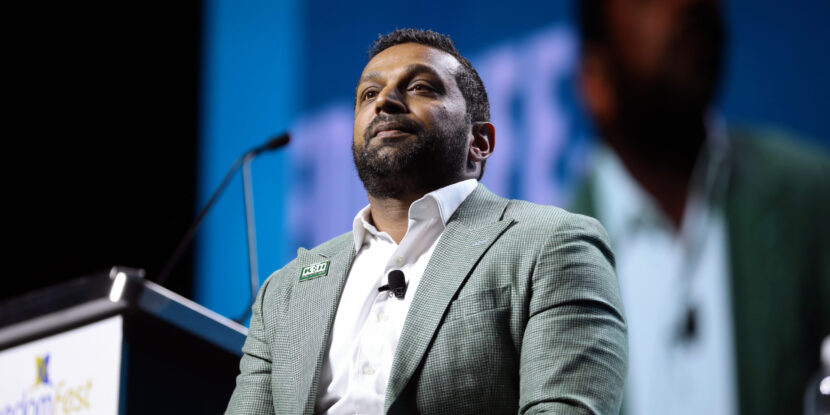Mahmoud Khalil, a Palestinian Columbia University graduate and U.S. permanent resident now detained in a federal jail in Louisiana following his arrest by U.S. Immigration and Customs Enforcement (ICE) agents on Saturday night, previously worked with the British government. Khalil emerged as a key figure during the anti-Israel campus encampment in the spring of 2024, serving as a lead negotiator for student protesters. His arrest over the weekend prompted a federal judge to issue a temporary block on his deportation, leaving his fate hanging in the balance as legal proceedings unfold.
President Donald J. Trump branded Khalil a “Radical Foreign Pro-Hamas Student” on Monday, hailing his arrest as “the first of many to come” for foreign agitators. “We know there are more students at Columbia and other Universities across the Country who have engaged in pro-terrorist, anti-Semitic, anti-American activity, and the Trump Administration will not tolerate it,” he wrote on his Truth Social platform. “Many are not students, they are paid agitators. We will find, apprehend, and deport these terrorist sympathizers from our country—never to return again. If you support terrorism, including the slaughtering of innocent men, women, and children, your presence is contrary to our national and foreign policy interests, and you are not welcome here.”
From 2018 to 2022, Khalil worked as a program manager at the British Embassy’s Syria Office in Beirut, Lebanon, overseeing the Syria Chevening Program—a prestigious British scholarship initiative. Online records confirm his role in managing these efforts, which aimed to foster ties with future global leaders for Britain’s Foreign, Commonwealth, and Development Office (FCDO).
Andrew Waller, a former British diplomat and policy advisor at the Syria Office during Khalil’s tenure, told Middle East Eye that Khalil “went through a vetting process to get the job and was cleared to work on sensitive issues for the British government.”
Waller described the Chevening scholarship as a “flagship UK soft power policy” that draws top talent worldwide to British universities. “Mahmoud ran its Syria program and interviewed hundreds, if not thousands, of applicants on behalf of the British government,” he said. Khalil also served as a “local staff political officer,” leveraging his linguistic skills to support high-level meetings.





